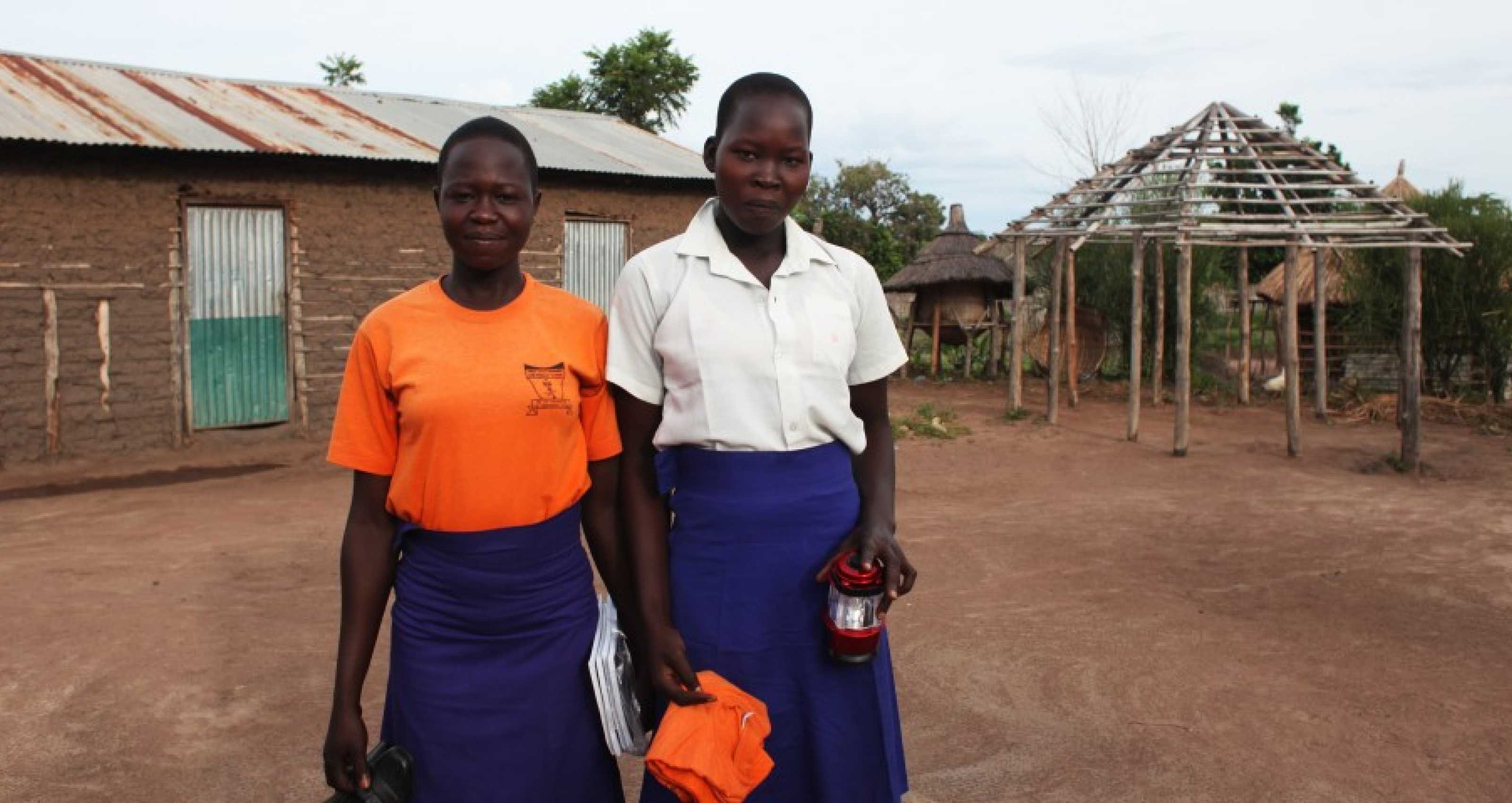Next week (14th September) the High-Level Panel on Cash Transfers will almost certainly present that cash transfers to individuals and their families are effective, and cost-effective, not just in middle- and low-income countries, but in fragile and conflict-affected States too, and for a range of purposes from acute humanitarian emergencies to keeping girls in school, to changing families behaviour so more rural women deliver in facilities. There is a direct and sensible line from Beveridge to Barder Telegraph 7th September.
One of the major successes of the ‘MDGs generation’ work on access to basic services was decentralisation of resources by grants to schools and clinics. These grants were typically capitation grants – based on the number of literally heads, i.e. pupils for schools, or catchment populations for clinics. The Uganda school capitation grants are a well-studied example, in terms of how they flow – originally down through government levels, but now ‘straight through’ – and in terms of public accountability for grants: and you can see more about them on www.budget.go.ug. But in a new development ‘trade’ of cash transfers, and ways of implementing ‘innovation’ and ‘adaptive development’ that are often not at national scale, and African developing countries funding a greater proportion of their own budgets, such grants are maybe talked about less than they used to be.
Our team set up and support, as part of Girls’ Education South Sudan, which is delivered by a consortium led by BMB Mott MacDonald, and funded by UK Aid, a programme of cash transfers to all girls in upper primary and secondary schools across South Sudan, and capitation grants for all pre-primary, primary and secondary schools, and teacher training institutes, across South Sudan. All the information about this above the level of individual names is published on www.sssams.org and www.sssams.org/sbrt.
The discourse about cash transfers is fairly focused on the individual, and sometimes on the family. This is a sensible way of approaching the wide range of things families and individuals purchase solo, but, taken to extremes, it is quite literally idiopathic – you prosper, or suffer, on your own. Which raises questions about the role of government, what to do about common services, and about what we might be missing in terms of the benefits of community action, whether ubuntu, ujamaa, church school, or mosque clinic.
We’ve been thinking about how to put a minimal amount of theory on the combination of these approaches, which are in some ways very different – demand and supply sides, to individuals and inside ‘the system’.
An approach we’ve found reasonably helpful, is one from the church, and it is the idea of ‘subsidiarity’ – that resources, responsibility and accountability should be decentralised to the lowest effective level. In the case of grants and transfers for basic services in FCAS, ideally, that would mean that schools (both government and ‘voluntary-aided’ – what in DRC are called écoles conventionées) are resourced through grants to provide an education where children can learn (leaving aside for a moment the balance between government-paid and contract-paid teachers), and families have the resources for shoes, uniforms, books, and any fees.
The particular merit of this idea of the ‘lowest effective level’ is that it forces you to define what that is for a given resource or task: anyone who has ever been micro-managed will know the use of that! From our corner of the piece, developing and supporting implementation of IT tools like www.sssams.org and www.hrisrss.org, that resonates: when you set up a database, you have to define who can see, and who can do what in a process: thus Ciceronian structure is promoted even in the most Tacitean operational contexts.
Our emerging conclusion is you could get basic health and education services available for everyone in the African Fragile and Conflict Affected States by scaling up this vision of decentralisation of resources, responsibility and accountability to the lowest effective levels, through making host government and partner resources flow efficiently and sustainably to local government, schools and clinics, and individuals. And that is what we are hoping, where invited, to be part of over the next five years, and we will let you know here from time to time how we all get on.


